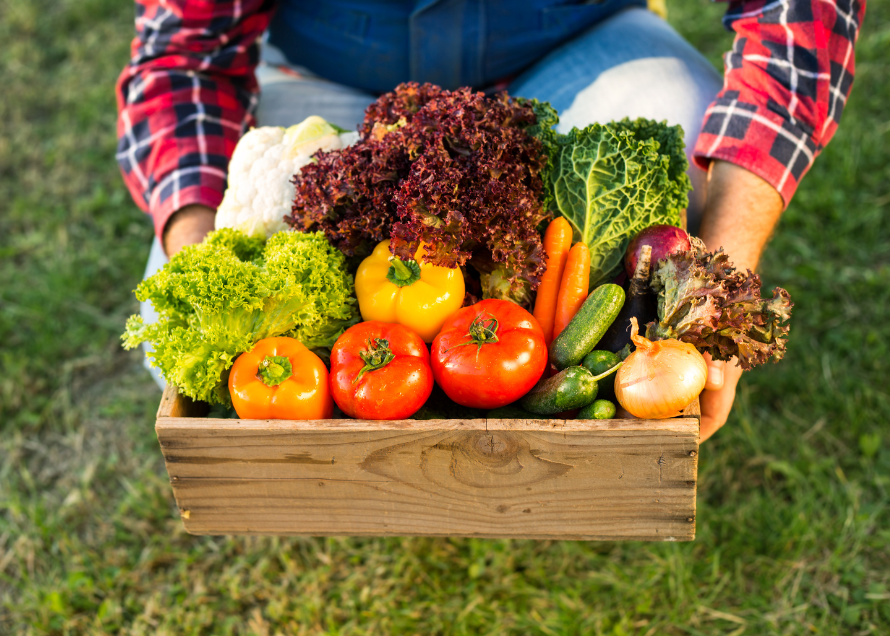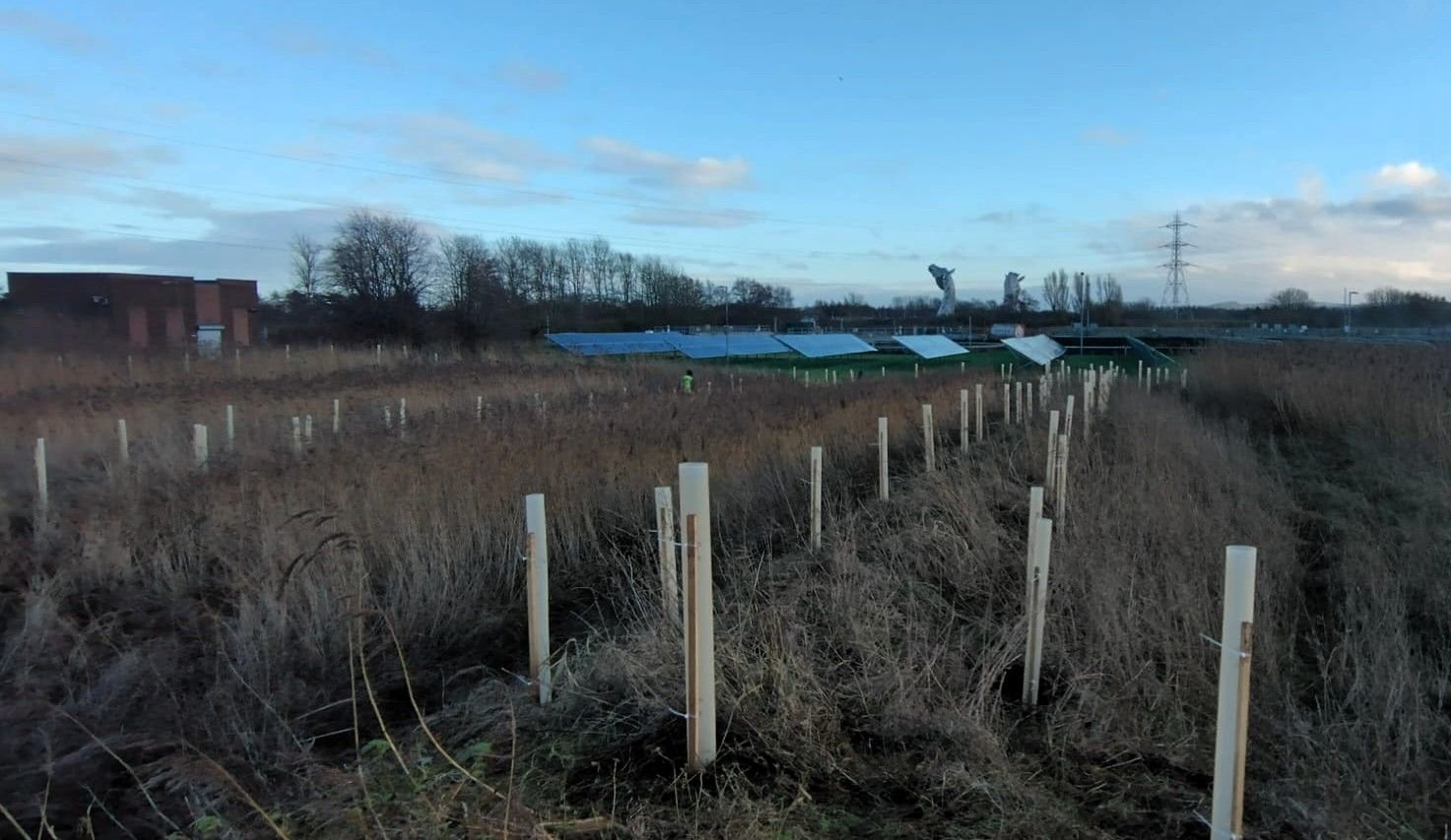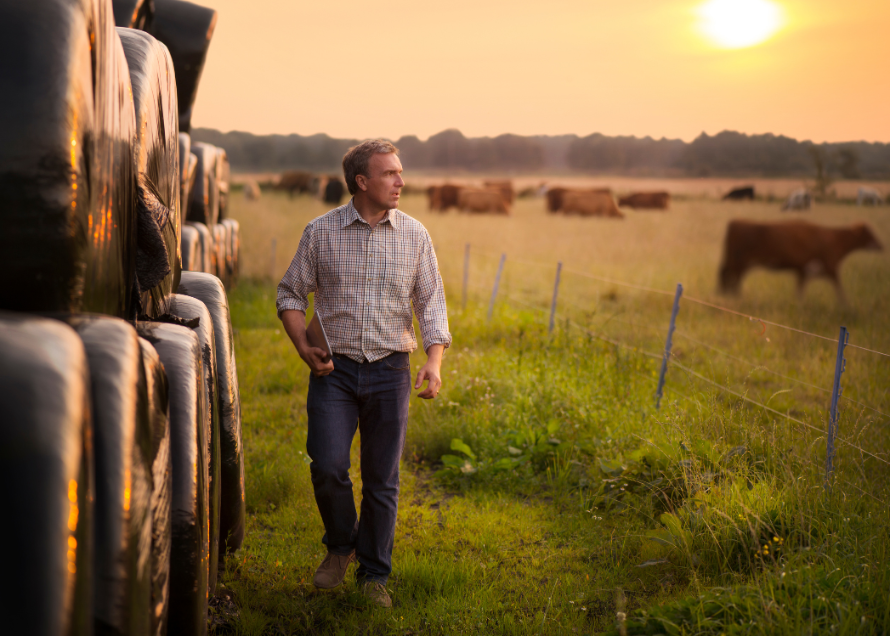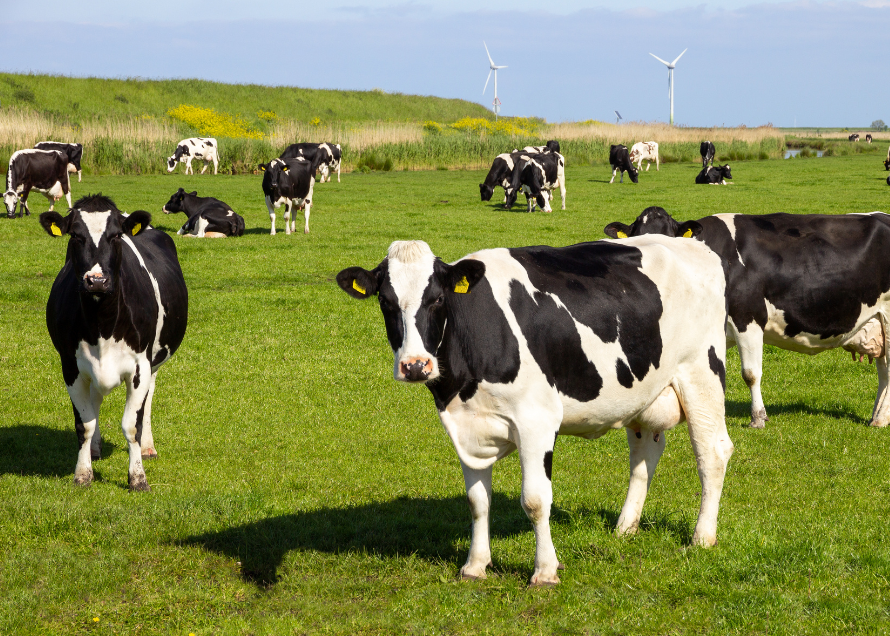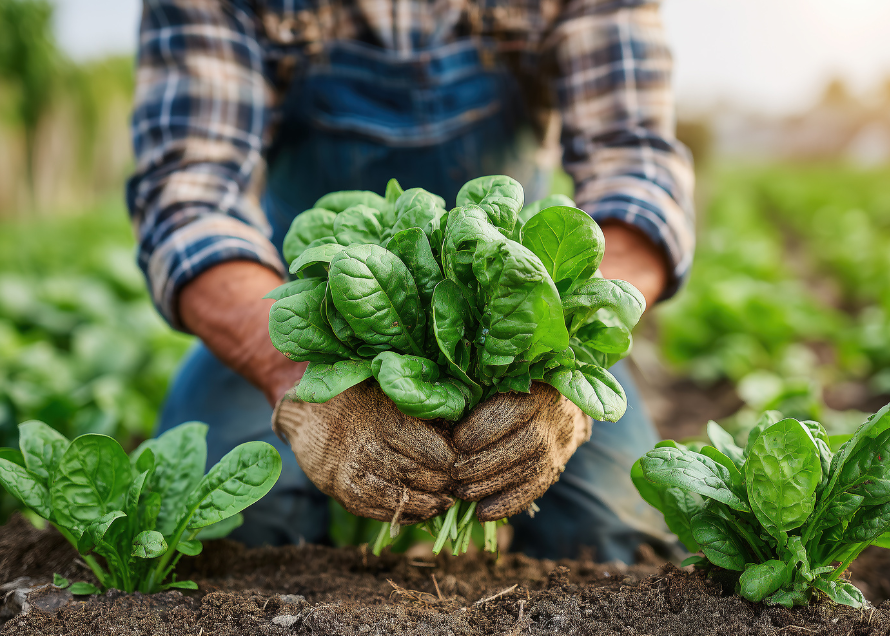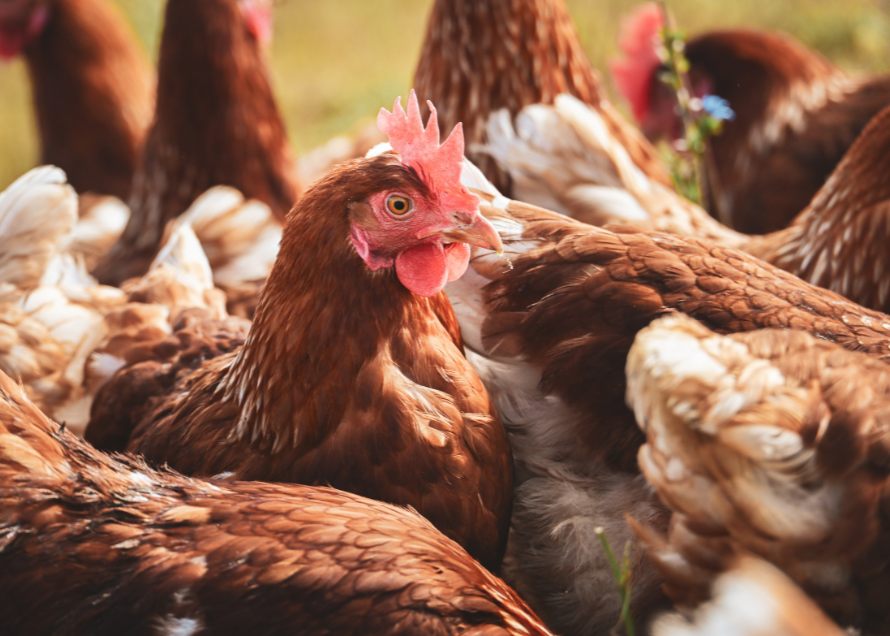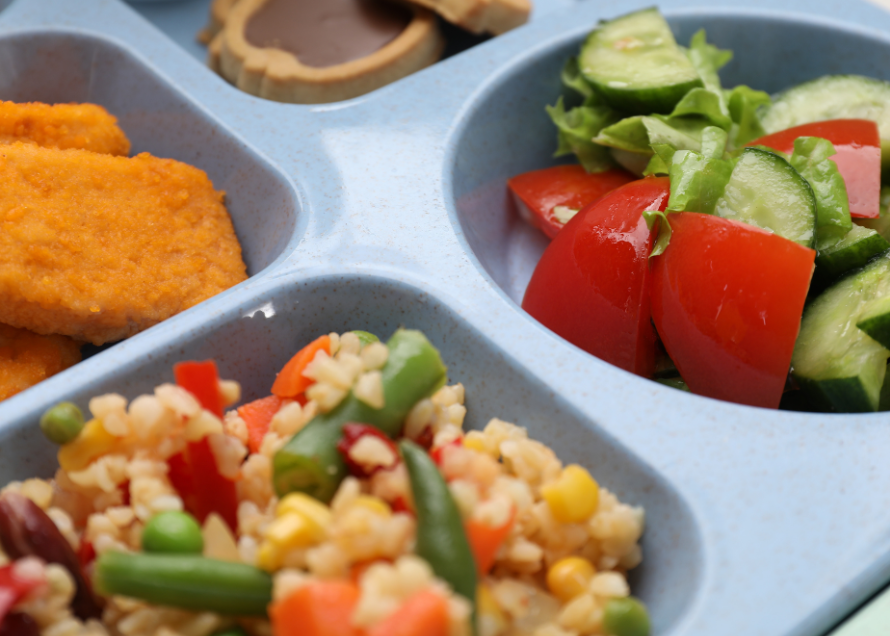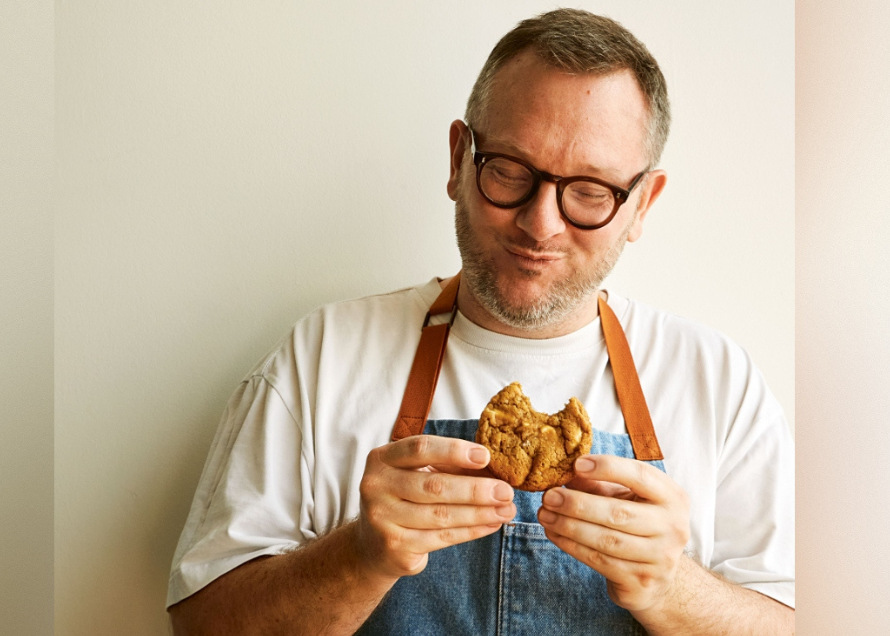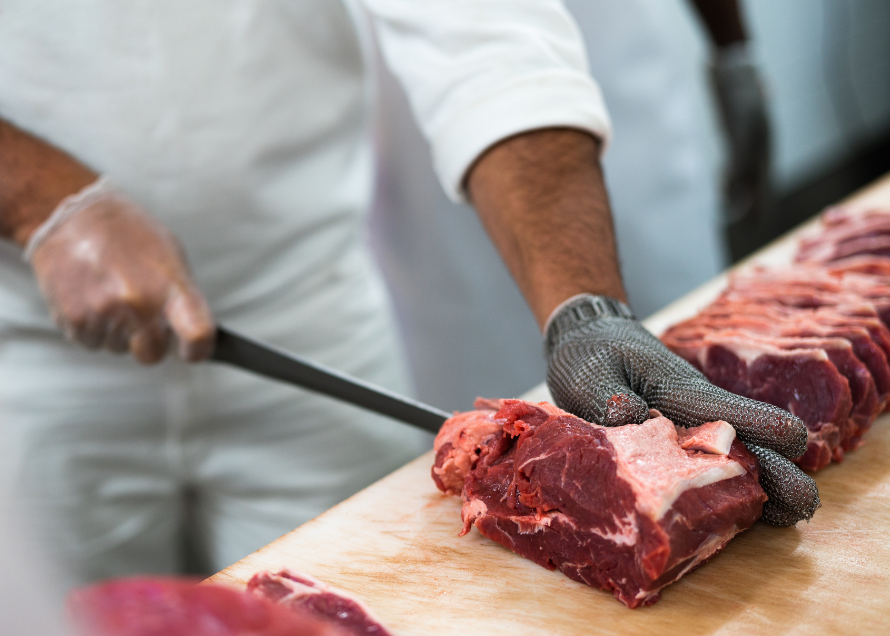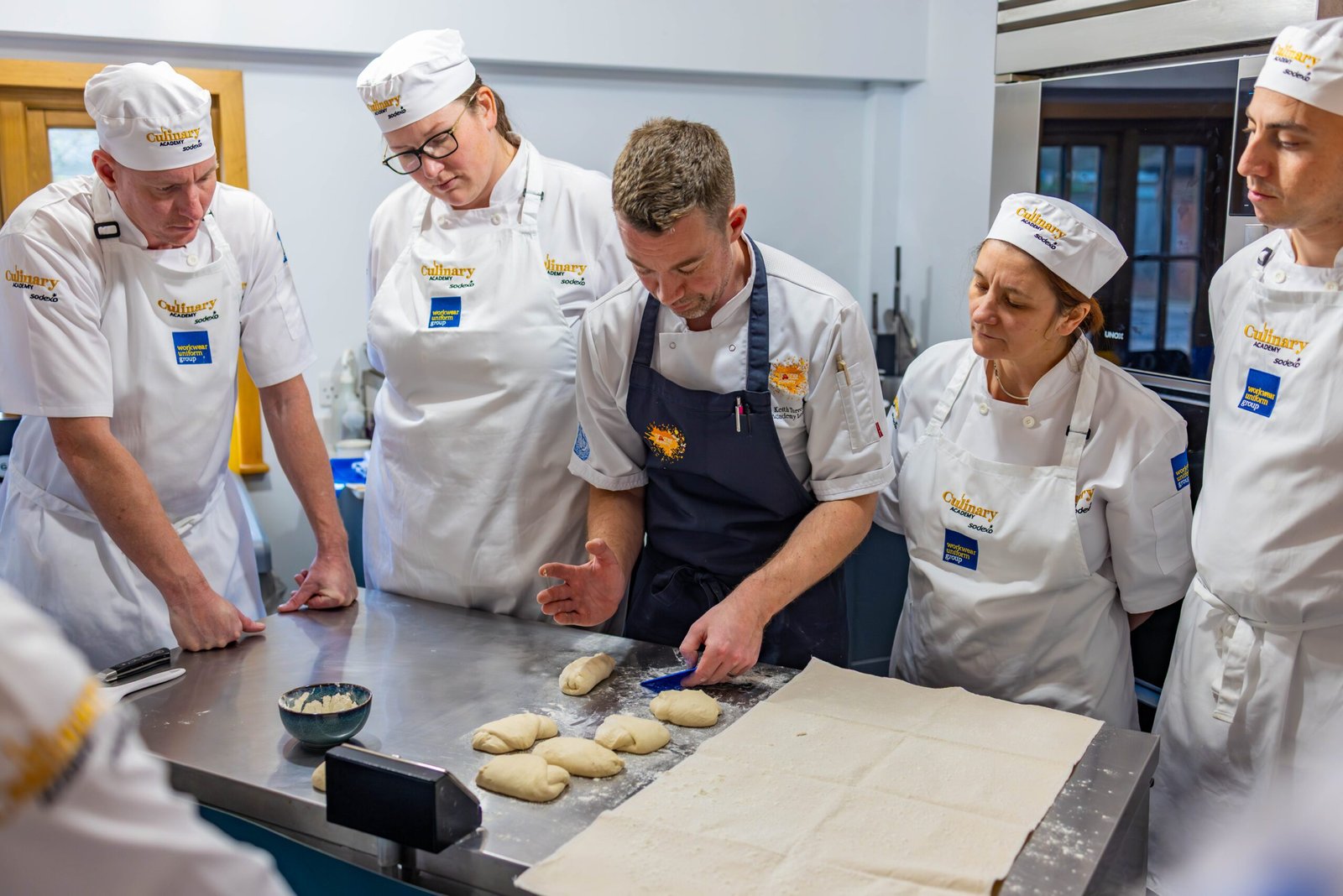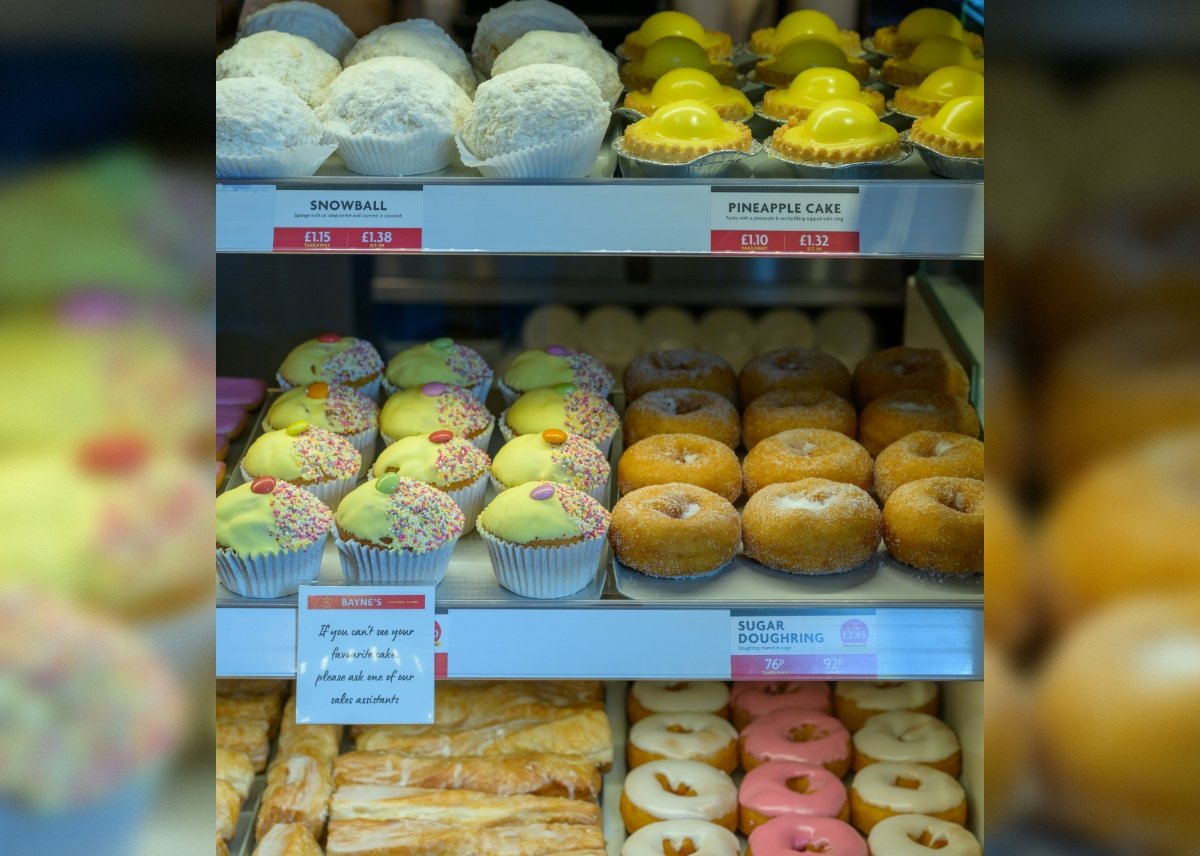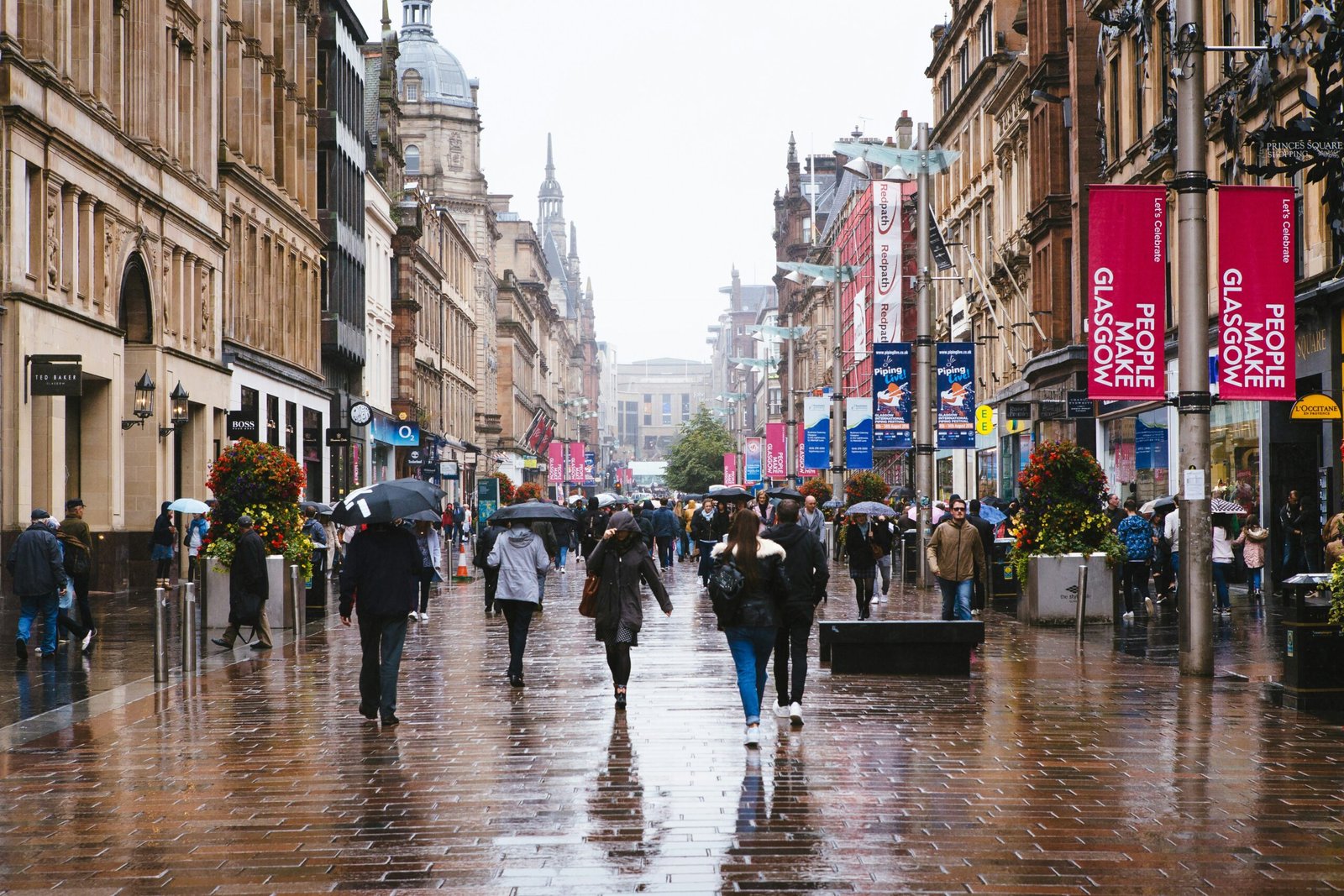By Lucia Wine Bar
Despite a booming demand for organic food, farmland remains limited despite it being a £3.7 billion market.
While 2024 saw a slight rise in organic acreage, the number of certified organic producers continues to fall.
The experts at Italian ristorante Lucia shared practical advice for shoppers who want to support organic farming and make more sustainable food choices.
Lucia’s five top tips on shopping organically:
- Shop at local farm shops and markets: “Buying direct helps farmers earn more and reduces the carbon footprint of your food. It also supports jobs and livelihoods in rural communities.”
Exploring your local farm shop or weekly market can be a rewarding experience, not just for your tastebuds, but for the planet too.
You’re more likely to find seasonal, fresh produce with fewer food miles, and you often get to meet the people who grow or make what you buy. From handmade jams to vibrant veg, shopping this way creates a more personal connection to your food.
- Look into veg box schemes: “Some small holdings and local producers might run a ‘veg box’ scheme, which can help you get your organic goods, but often focus on reducing packaging, waste and other ecological benefits.”
A veg box scheme is a convenient way to receive a regular supply of fresh, organic produce delivered straight to your door.
Many schemes offer flexible options, include unusual seasonal vegetables, and use minimal or compostable packaging. It’s a simple and accessible way to support sustainable farming.
- Look for trusted organic certification: “Labels from the Soil Association, Organic Farmers & Growers, or EU Organic mean the food has met strict standards for animal welfare, biodiversity, and sustainability.”
Whether you’re in the supermarket or shopping online, these certifications are your assurance that the food meets rigorous ethical and environmental standards.
Certified organic products are free from synthetic pesticides and fertilisers, and better for the planet’s long-term health, so keep an eye out for these trusted marks.
- Eat seasonally and reduce waste: “Choosing what’s in season boosts demand for British-grown produce and cuts food miles. Using leftovers also helps cut food waste and save money.”
Learning to eat with the seasons connects you to nature’s rhythms and supports local growers. Planning meals around what’s abundant right now, such as strawberries in summer or root veg in winter, not only reduces your environmental impact but also adds variety to your plate.
Being mindful of leftovers, freezing extras, or turning scraps into soups and stocks is a simple way to waste less and stretch your budget.
- Dine in restaurants that support local organic food: “Eating out? Choose places that source locally and organically. Your meal could be directly supporting regenerative farms and sustainable producers.”
More restaurants are proudly showcasing their partnerships with local, organic farms, often listing suppliers on the menu.
Whether it’s a cosy gastropub or a trendy café, choosing these spots helps fund a more sustainable food system. It’s a delicious way to cast a vote for organic every time you eat out.
Georgina Pellant of Italian ristorante Lucia, commented: “Organic food is booming, but the growth in farming simply isn’t keeping pace.
You Might Also Like:
No related posts.
“British organic farmers face ongoing challenges from high input costs to a lack of long-term policy support. If we want to protect biodiversity, improve soil health, and build resilient food systems, we must make it easier for farmers to go and stay organic.
“Everyone has a role to play, including shoppers. Backing organic doesn’t have to mean buying everything organic. It means making small, conscious choices that support producers who are doing things differently.”

